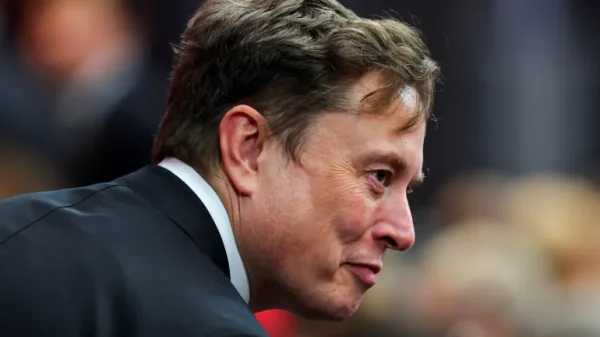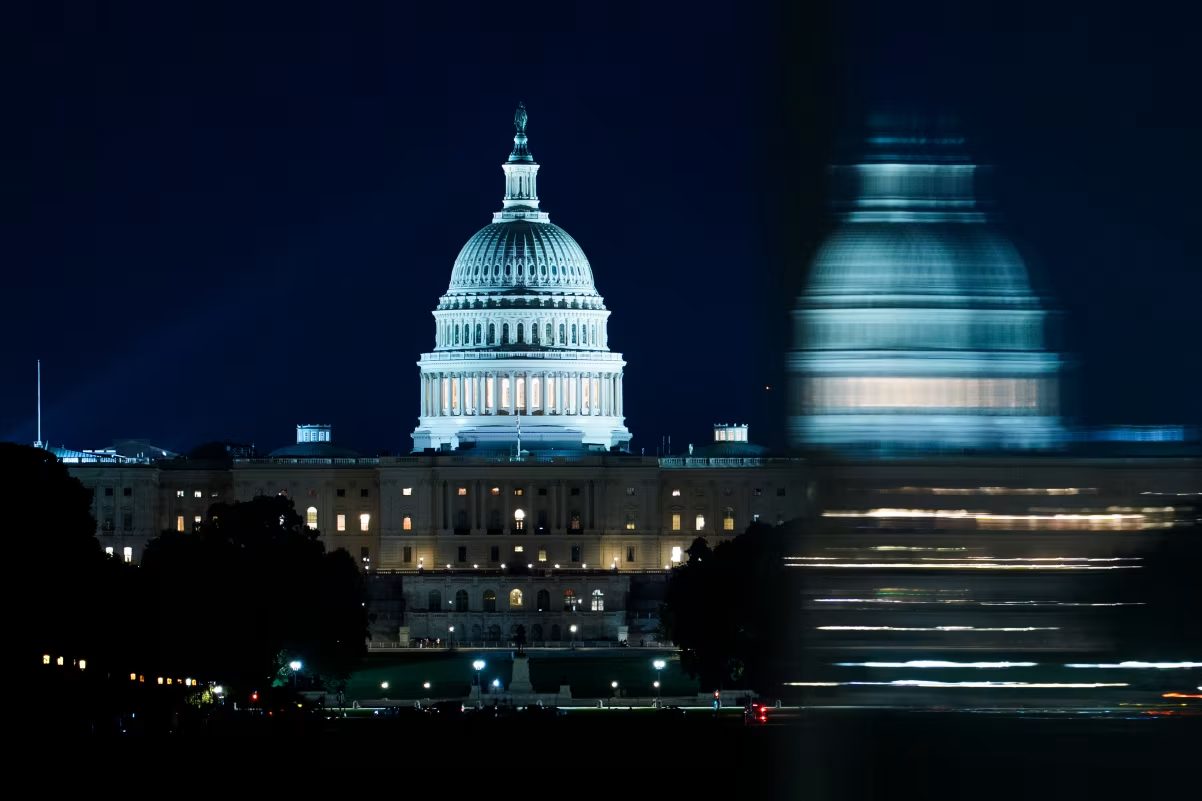As the United States faces yet another potential government shutdown, internal divisions within the Republican Party are becoming increasingly apparent. While former President Donald Trump and his allies push for an aggressive strategy—threatening funding cuts to states and programs perceived as Democratic strongholds—some Republicans are beginning to express discomfort with how politically charged and overt these tactics have become.
Trump and Russ Vought: Targeting “Democrat Agencies”
Russ Vought, former Director of the Office of Management and Budget (OMB), and a close Trump ally, has taken center stage in the administration’s plan to weaponize a shutdown. Trump has openly tasked Vought with identifying so-called “Democrat agencies” to defund. In line with that, Vought has already announced the halting of funding for projects in 16 blue states.
Senator Mike Lee of Utah seemed energized by the plan, boasting that Vought had “been dreaming about this moment since puberty” and calling the shutdown scenario “the Democrats’ worst nightmare.”
But not all Republicans are cheering.
A Divided GOP: Concerns About Overreach and Blowback
House Speaker Mike Johnson attempted to soften the narrative, painting Vought as a reluctant participant in the plan. “Russ does this reluctantly,” Johnson said. “It is not a fun task, and he is not enjoying that responsibility.”
His comments reflect a growing unease among Republicans about the optics and morality of what critics are calling a political vendetta disguised as fiscal responsibility.
Senator Kevin Cramer of North Dakota was particularly blunt, warning that such actions could cost Republicans the “moral high ground” in a debate they should otherwise be winning. “There’s the political ramifications that could cause backlash,” he said. “I just don’t like squandering that political capital.”
Senator Susan Collins of Maine called the administration’s decision to halt $18 billion in infrastructure funding for New York home to Democratic leaders in both chambers of Congress “totally unacceptable.” Representative Mike Lawler of New York echoed that criticism.
Senator Thom Tillis of North Carolina cautioned that the administration “needs to be really careful with that, because they can create a toxic environment here.” Even Senate Republican Whip John Thune signaled concern, urging restraint.
A Gamble That Could Backfire
Trump’s team may see this as a chance to flex power and cut what they view as bloated liberal spending. But many Republicans are asking: at what cost?
This strategy risks turning a budget debate into a public perception disaster. While Republicans often benefit politically during shutdown debates by positioning themselves as fiscal hawks using the shutdown as a tool of political punishment could alienate moderate voters and further divide the party.
Unlike earlier this year, when Democrats quickly backed down during shutdown negotiations, they now appear ready to call Trump’s bluff. And the GOP’s internal friction may give them an unexpected advantage.
With the 2024 elections looming, the stakes are high not just for Trump, but for the identity of the Republican Party itself.











































